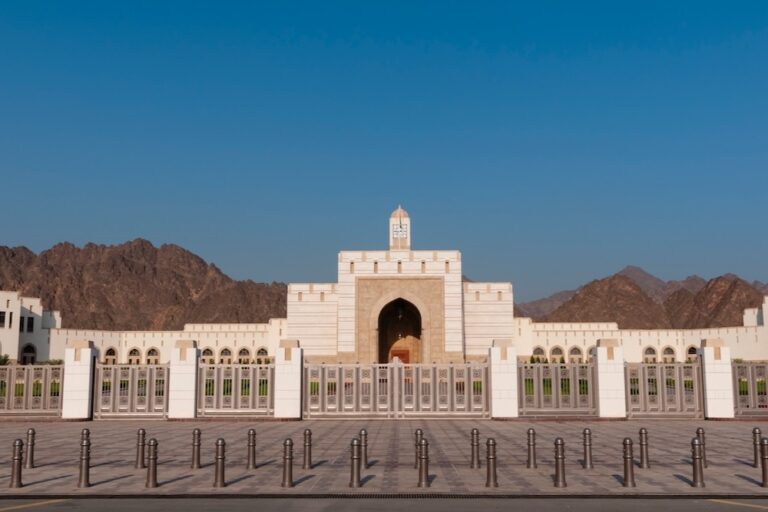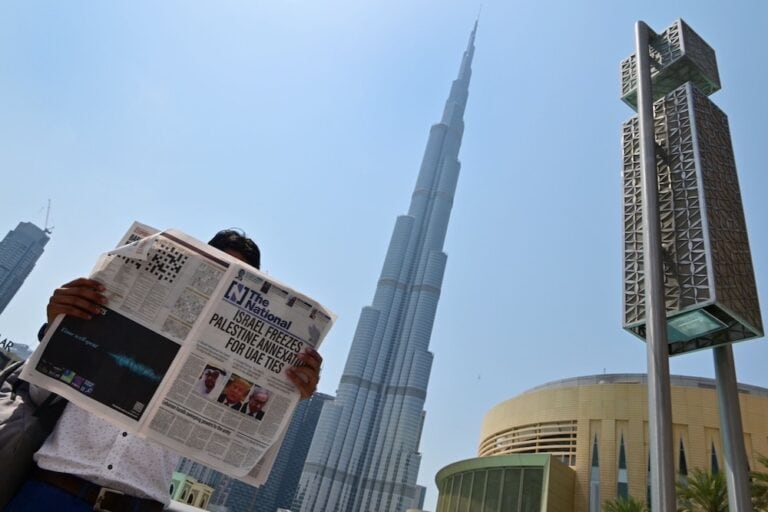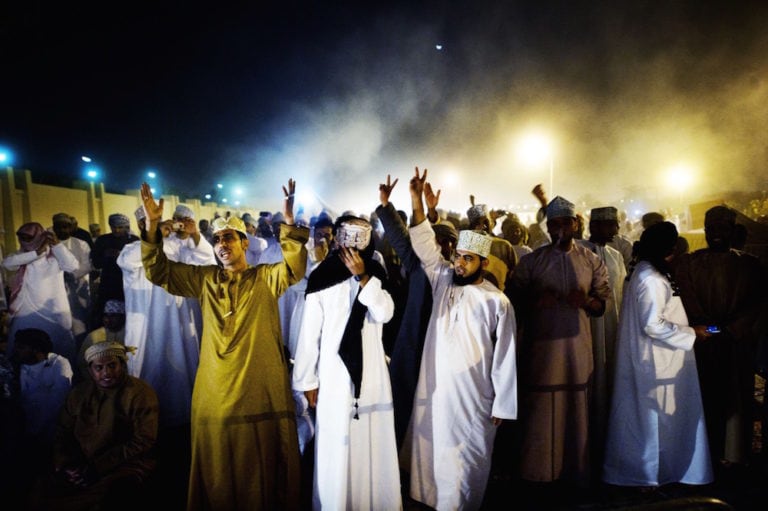(RSF/IFEX) – RSF has condemned the Sultanate of Oman for barring the media from giving space in publications or airtime to two writers and intellectuals, Mohammed Al Harthi and Abdallah Al Ryami, for the past five months. The organisation called for the writers to be allowed to be interviewed freely again. The blacklisting appears to […]
(RSF/IFEX) – RSF has condemned the Sultanate of Oman for barring the media from giving space in publications or airtime to two writers and intellectuals, Mohammed Al Harthi and Abdallah Al Ryami, for the past five months. The organisation called for the writers to be allowed to be interviewed freely again.
The blacklisting appears to be linked to comments the two men made on the Iranian television station Al-Alam, in which they cast doubt on the Omani government’s commitment to political reform.
Al Harthi has had his weekly column banned from the official daily “Oman”. Poet Al Ryami, has seen his once frequent appearances on state-run national television cancelled in succession.
Both Al Harthi and Al Ryami believe Omani authorities probably gave verbal instructions to newspaper editors and directors of programmes on public radio and television stations forbidding them from interviewing the two intellectuals or even mentioning their names or their work.
Contacted by RSF, the Information Ministry refused to explain the measure, limiting itself to citing various minor amendments made to the press law in August 2004.
RSF condemned the Omani authorities’ attitude in deciding what subjects are “lawful” and “unlawful”, and which guests can or cannot be invited on radio and television. The organisation urged Oman to allow national media outlets the freedom to interview the two men, to prove that political modernisation is under way in the sultanate. Political opening should include respect for a free and independent press and reform of the still very harsh press law, RSF said.
RSF also urged the Sultanate of Oman, a UNESCO member since 10 February 1972, to respect the 1995 Alma-Ata Declaration, in which the country undertook to pass legislation “establishing freedom of expression and opinion, access to information and press freedom” and to “end monopolies and all forms of discrimination in radio broadcasting”.
The two intellectuals told RSF by phone that the press code was “obsolete” and condemned the authorities’ systematic control of all means of expression.
Al Harthi said the Omani press law, which has not been reformed since 1984, gave the Information Ministry the power to try and jail journalists without having to explain itself to anyone. Al Ryami said the authorities “attached no importance to press freedom and continue to crack down on any opinions differing from the government’s. Every means of expression, including the Internet, are subjected to censorship.”


